
DAPA-CKD investigator Professor John McMurray details the trial and renal and cardiovascular outcomes for Patient Care Online.

DAPA-CKD investigator Professor John McMurray details the trial and renal and cardiovascular outcomes for Patient Care Online.

Director of the Brigham Diabetes Program at the Brigham and Women's Hospital discusses the latest in diabetes management.

Once-weekly semaglutide 2.0 mg vs 1.0 mg led to statistically significant, superior reductions in A1c and weight in type 2 diabetes patients not at goal, study finds.

AHA: DAPD-CKD investigator Prof John McMurray talks to Patient Care about the “revolutionary” findings he will highlight at the AHA sessions on opening day.

A new study of Japanese adults with type 2 diabetes found dual consumption of green tea and coffee reduced mortality risk by >60%.

Video: Obesity expert Dr Louis Aronne outlines the role of medication in obesity treatment and says primary care is absolutely the place to begin.
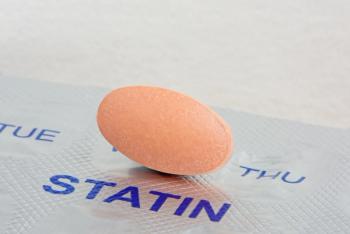
Adults with diabetes admitted to a New York City hospital with COVID-19 had a lower mortality risk if they received a statin, a new study found.

Preventive Cardiology Collection Table of Contents: Expert video interviews, short, clinical guideline-focused quizzes, facts at-a-glance slideshows, plus news.

Rapidly rising obesity rates in the US threaten to reverse decades of effort against cardiometabolic disease. How well do you know what experts recommend for your at-risk patients?

Carl "Chip" Lavie, MD, author of the original book titled, "The Obesity Paradox" explains the paradox of metabolic health in the obese, how it wanes, and an essential element to maintain it.
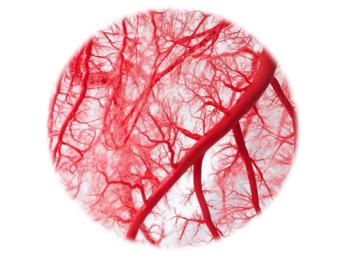
Waist circumference measures, complementary antihypertensives, appropriate exercise levels for T2D patients--test what you know about cardiometabolic risk and management.
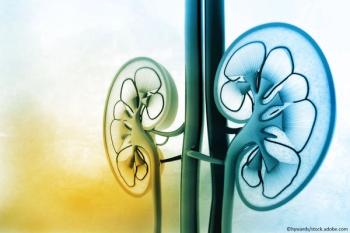
The investigational mineralocorticoid receptor antagonist slowed progression to renal failure by 18% and reduced the composite cardiovascular outcome by 14%, authors report.
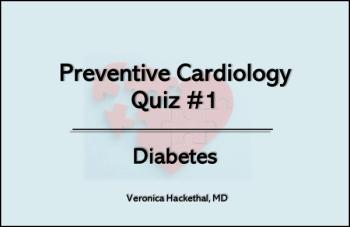
Diabetes is a primary risk factor for atherosclerotic cardiovascular disease. Find out how well you know the guideline recommendations for reducing that risk with the first of 4 quizzes.
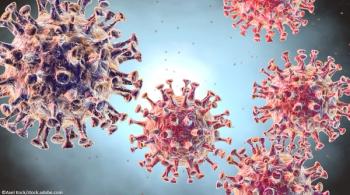
According to a new study, adults with T2D who were hospitalized with COVID-19 in northern Italy had a lower mortality rate when treated with sitagliptin.

The association of vascular dementia with T2D is stronger than that of nonvascular or Alzheimer dementia, according to a study presented at EASD.

What do clinical guidelines from diabetes, cardiology, and endocrinology associations have in common? A case study quiz with an evidence-based answer explains.
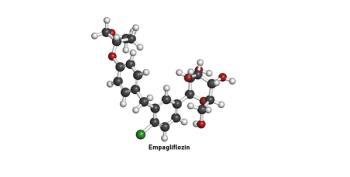
Empagliflozin is now in FDA fast-track development for prevention of hospitalization for HF and reduced all-cause mortality in patients, with/without diabetes, post-AMI.

A new research article found moderate and heavy alcohol intake were associated with hypertension in patients with type 2 diabetes.

A new research article showed that after 1 year of weight loss intervention, 46% of patients with type 2 diabetes achieved remission.

The risk of having a CVD-related event is increased by 21% for every 1% increase in usual A1c >7% in patients with type 2 diabetes, a new study finds.

Refresh your memory on findings from the EMPA-REG OUTCOME, CANVAS, CREDENCE, and DECLARE-TIMI cardiovascular outcomes trials on SGLT2 inhibitors.

Insulin affordability is an ongoing discussion topic for patients with diabetes and their care providers. The already difficult issue has been further compounded by the ongoing COVID-19 pandemic.

In patients with obesity and type 2 diabetes, metabolic improvements were similar after weight loss induced by surgery or a low-calorie diet.

VIDEO: Obesity is a chronic, relapsing disease that threatens to neutralize, even reverse, years of progress in reducing CVD-related death. Ted Kyle, RPh, explores.

Jorge Plutzky, MD, director of the Preventive Cardiology Program at Brigham and Women's Hospital, discusses the insidious role diabetes plays in cardiovascular disease.